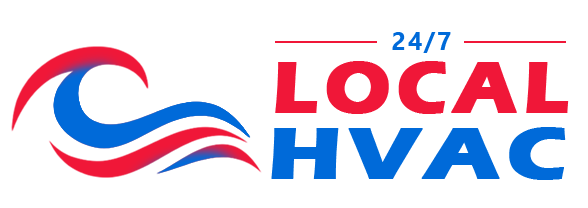2020 Trends & Topics Heating Up the HVAC Industry

As environmental issues worsen on a global scale, scrutiny is increasing on industries whose products have the potential to make the biggest impact— and that includes manufacturers of HVAC systems. At its recently concluded 2020 Expo, the AHR (International Air Conditioning, Heating, and Refrigeration) association convened a panel of experts to discuss some of the biggest trends, issues, and opportunities facing the HVAC industry.
Global Climate Change
How HVAC systems can function well with the lowest emission output possible continues to be the most pressing topic in the global climate change conversation. Net zero initiatives are driving the design, integration, and installation of whole building systems. Balancing the comfort and wellbeing of a building’s occupants while operating with net-zero emissions is fast becoming the long-term goal of HVAC design engineers.
Indoor Climate-Controlled Growth Facilities
As the world’s population grows, housing is now expanding into areas previously thought to be uninhabitable. Likewise, the need for sustainable food options is also expanding— opening the doors to a more robust indoor farming industry. The hemp and cannabis industries also require a precise approach to climate control, placing new demands on HVAC systems with the capacity to cool and heat extreme external environments. Experts predict that HVAC manufacturers who are willing to specialize in this market will be richly rewarding in the next decade and beyond.
Building Automation & Control
Building Automation & Control (BAC) technologies and products are evolving rapidly, and are likely to include the Internet of Things (IoT), Industry 4.0, artificial intelligence (AI), and Security.
Due to its ability to enable faster diagnostics and technician reporting, the IoT gives a closer connection between the occupant and the systems’ control, enhancing the service response time. Already the IoT is streamlining the customer experience, but its potential for even greater impact within the HVAC industry is being enthusiastically explored.
Self-diagnosing buildings— in which a system that has broken can pinpoint the specific malfunction, auto-order replacement parts, and schedule maintenance support— is an example of how Artificial intelligence (AI) can impact the HVAC industry. Just how accurate AI technology would be and how AI could influence the role of HVAC technicians of the future continues to be debated and remains to be seen.
BAC also introduces cybersecurity issues based on potential threats associated with increased connection and network sharing across multiple buildings. As seen in fields currently using cloud-based solutions to share communications, the threat from hackers is very real. Designers and construction teams in the HVAC industry will need to proceed carefully, observing best practices associated with network use to protect shared networks and keep information secure.
Changing Consumer Demand
Today’s consumers are looking for maximum control over the indoor environments they occupy, including the quality of the air and the efficiency of energy usage. Millennials have been nicknamed “generation green”, with 66% polled in a recent Nielsen Global Survey stating they are willing to pay more for products and services that come from companies with commitments to positive environmental impacts. In addition, the value of properties with smart home control systems has increased significantly.
Achieving healthier indoor environments in commercial buildings is also a growing priority in the HVAC industry. As it becomes easier and less expensive to monitor air quality, building owners will be under increasing legal pressure to provide safe and clean indoor air. Theaters, retail merchants, restaurants, and other such outlets will be in a position to ride this new trend of providing cleaner, high quality indoor air as another way to distinguish themselves from their competition.
Job Force Recruitment
The need to replenish an aging workforce is perhaps the greatest challenge facing the HVAC industry. For various factors affecting the job market over the past 20 years, the number of trained professionals entering the HVAC industry will be insufficient to meet demand. The industry needs to pay attention to this declining trend, and work with similar industries to restore the perception that skilled careers are vital to the design, build, and maintenance of every home and commercial building in the world.
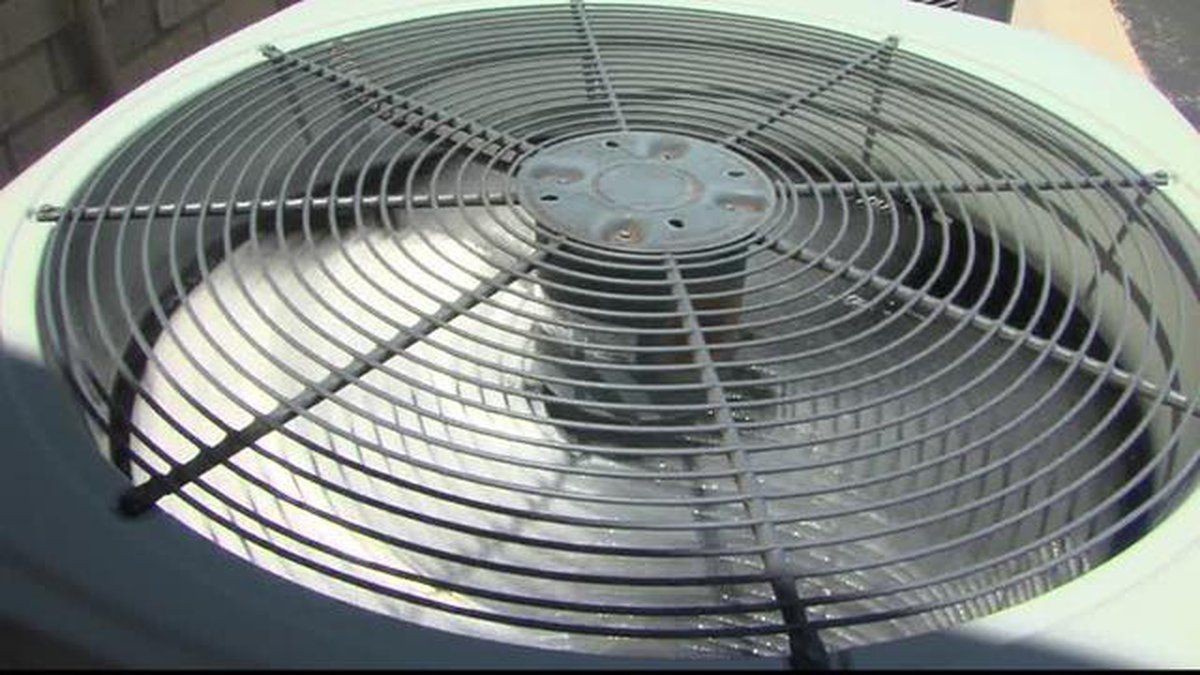

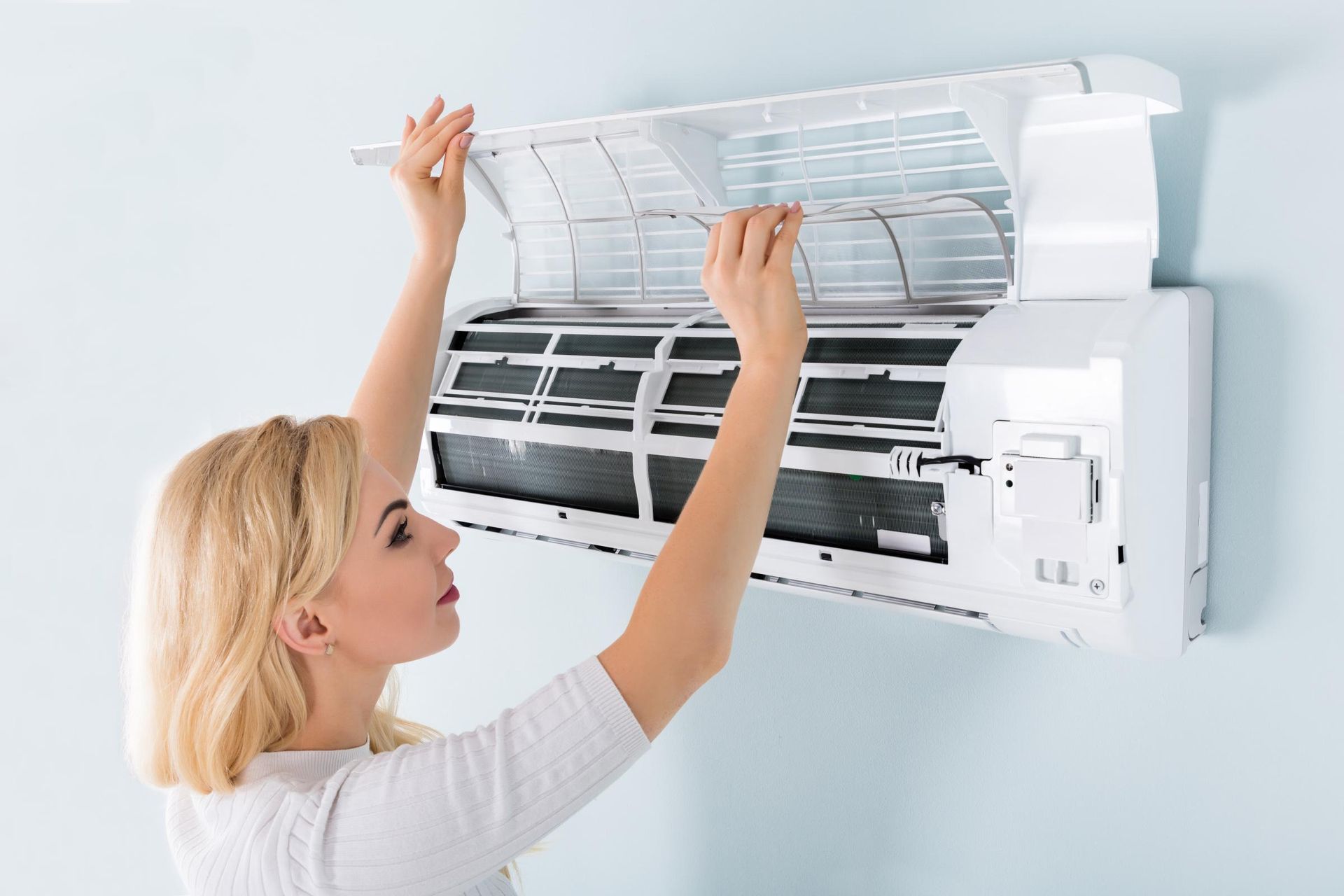
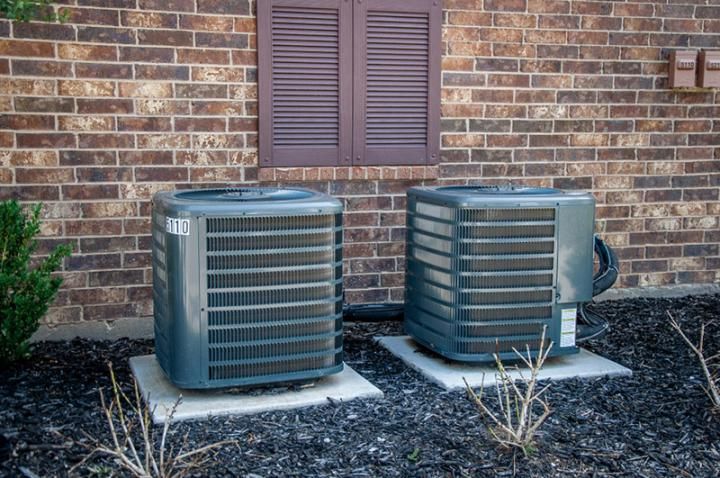

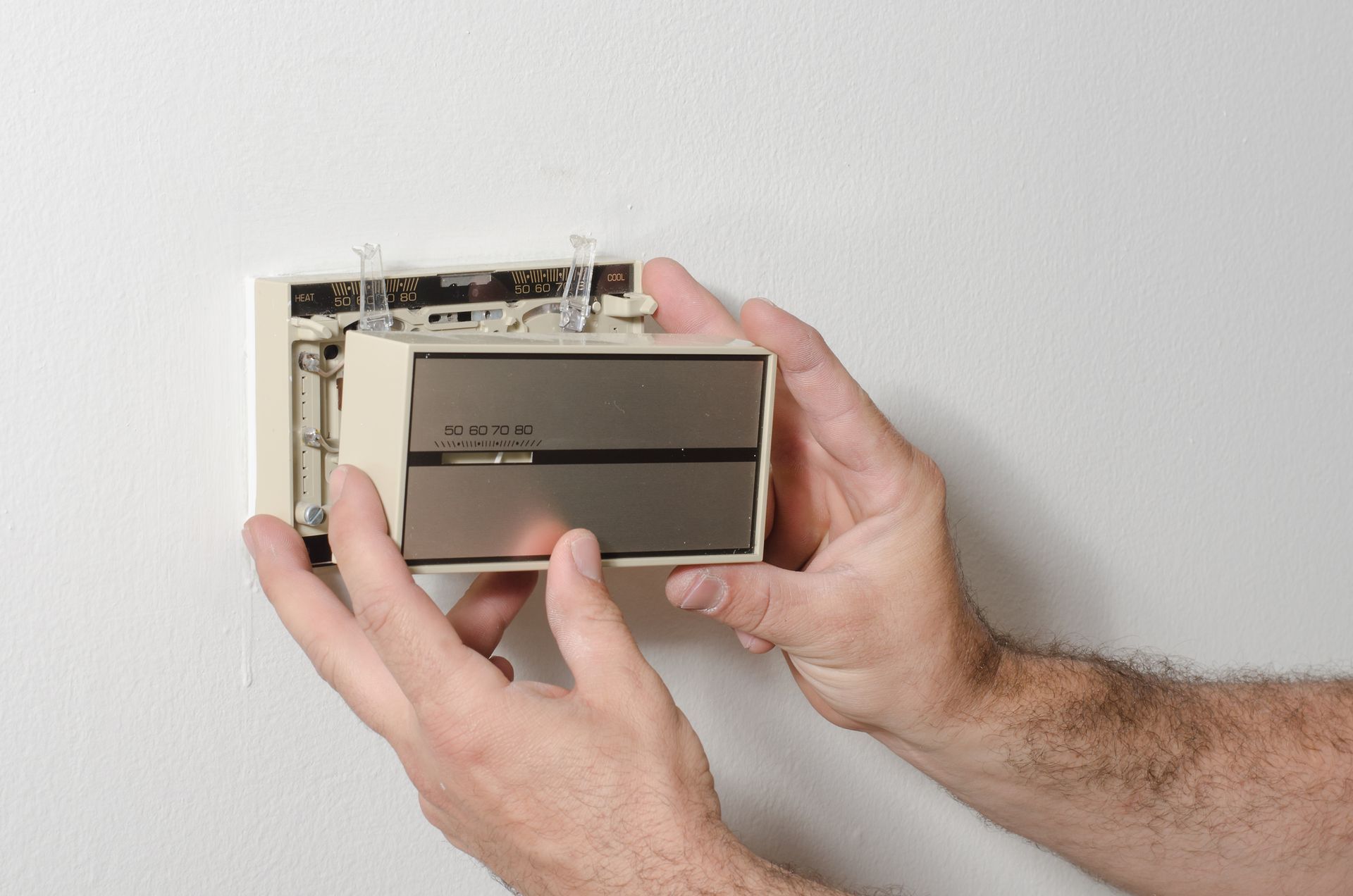

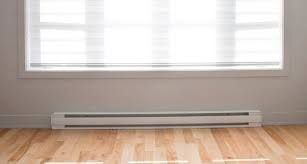
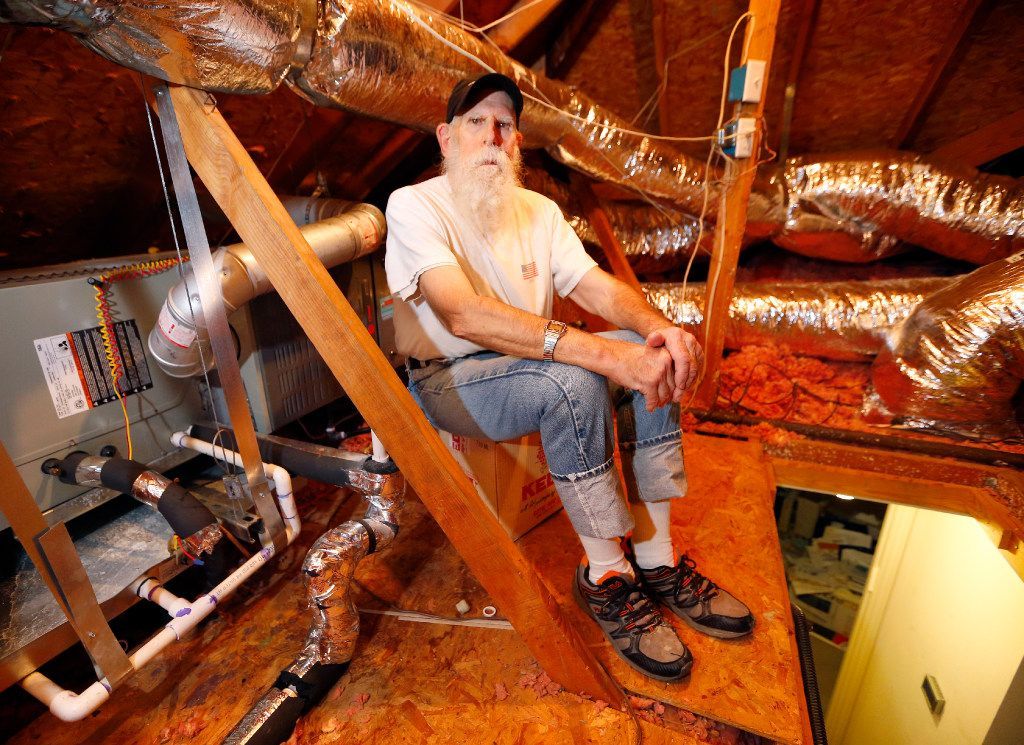

At 24/7 Local HVAC, we specialize in facilitating connections with top-tier HVAC professionals. Our focus is on bridging the gap between you and reputable HVAC companies operating within your local vicinity. It's important to emphasize that each of these HVAC entities functions independently and autonomously.
We firmly place the onus on every individual user to meticulously verify that any selected HVAC company aligns with the mandated licensing and insurance prerequisites stipulated by the governing authorities in their respective jurisdiction.
Furthermore, it's worth noting that our services may regrettably not cover all geographical areas. In instances where our services are available, the scope of offerings could potentially differ based on the composition of service providers present within that particular region.

